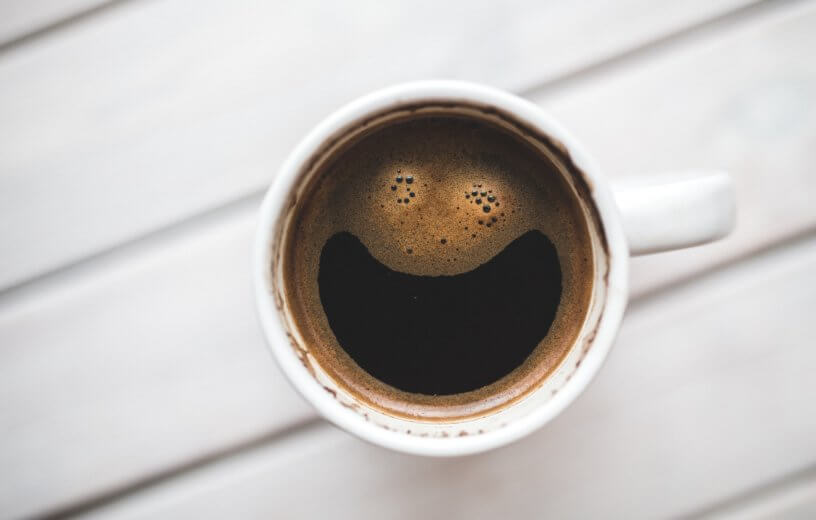BATH, United Kingdom — For many people, nothing wakes them up quite like a strong cup of coffee. A blast of caffeine can be especially helpful after a bad night’s sleep. Although studies point to coffee having important health benefits, a new report says when you have your first cup is key. Researchers in the United Kingdom find people who drink coffee immediately after a rough night of sleep negatively affect their control over blood sugar levels.
A team from the University of Bath reveals one night of broken sleep, where a person repeatedly wakes up, is not terribly harmful to your body. When you try to pick yourself up using coffee however, you can actually impair your metabolism and make your body incapable of tolerating sugar.
“Put simply, our blood sugar control is impaired when the first thing our bodies come into contact with is coffee especially after a night of disrupted sleep. We might improve this by eating first and then drinking coffee later if we feel we still feel need it. Knowing this can have important health benefits for us all,” Professor James Betts says in a university release.
How drinking coffee first thing after night of poor sleep impacts blood sugar
Physiologists at Bath examined 29 men and women after each of them experienced three distinctly different nights of sleep. In one experiment, the participants enjoyed a normal night of rest. This was followed by a sugary drink which roughly equals the calories eaten during breakfast.
During the next two experiments, each volunteer was woken up every hour throughout the night to create a disrupted sleep. In one instance, the participants were given the same sugary drink after waking up. After the other bad sleep, researchers gave the group a strong black coffee 30 minutes before having their sugar. A blood test was then taken following each night of sleep and the drinks each person consumed.
The results show that one good or bad night of sleep makes little difference in a person’s blood sugar/insulin responses. Researchers note that previous studies link several nights of insomnia to metabolic issues, but add a single incident where you can’t fall asleep doesn’t carry the same weight.
When coffee enters the picture, that’s when the body sees a drastic change. Study authors report participants drinking coffee right after a bad night of sleep increased the blood glucose response to breakfast by around 50 percent.
“We know that nearly half of us will wake in the morning and, before doing anything else, drink coffee – intuitively the more tired we feel, the stronger the coffee,” Prof. Betts explains.
“This study is important and has far-reaching health implications as up until now we have had limited knowledge about what this is doing to our bodies, in particular for our metabolic and blood sugar control.”
Changing your morning routine
Researchers say there are plenty of things that can trigger a rough night in bed. From insomnia, to a noisy neighbor, to a new baby, many things can cause one night of fragmented sleep. The team recommends finding a better way to balance the need for stimulants with the energy from a healthy breakfast.
The study notes this can be especially hard for people who enjoy the most popular drink in the world. The population consumes around two billion cups each day.
“There is a lot more we need to learn about the effects of sleep on our metabolism, such as how much sleep disruption is necessary to impair our metabolism and what some of the longer-term implications of this are, as well as how exercise, for instance, could help to counter some of this,” lead researcher Harry Smith says.
The study appears in the British Journal of Nutrition.
Like studies? Follow us on Facebook!
